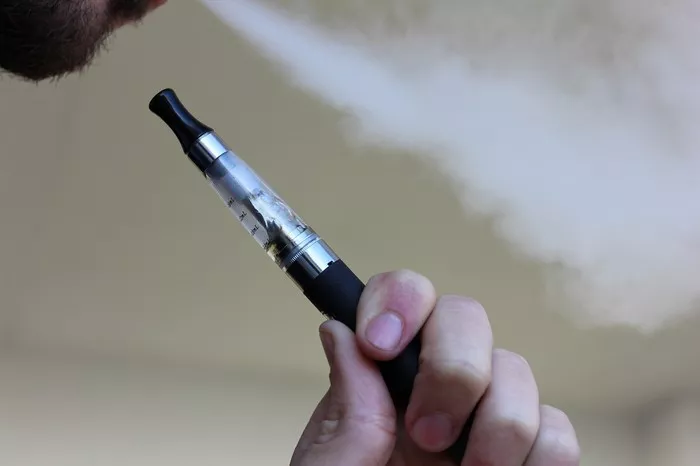As Solomon Wynn’s 17th birthday approached on Thursday, June 5th, his stepmother, Charlene Zorn, was not celebrating but advocating. Instead of planning a party, she returned to the North Carolina legislature to urge lawmakers to raise the minimum age for purchasing tobacco and vaping products from 18 to 21.
Solly, as he was known, died at 15 from complications related to vaping in 2021. Once a healthy and athletic teenager training for high school football, his health rapidly declined, leading to kidney failure and the need for a ventilator.
“When we lost Solomon, I vowed to make a difference in the lives of teenagers so no family would have to experience what mine did,” Zorn told reporters at a press conference Tuesday. “Over the past two years, I’ve learned the best way to honor Solly is by advocating for change that protects every child in North Carolina.”
Zorn supports House Bill 430 and Senate Bill 318, collectively known as the “Protect Youth From Harms of Vaping & Nicotine Act.” These bills would raise the legal age to purchase tobacco and vaping products to 21 and require sellers to obtain a tobacco retail sales permit.
Despite bipartisan sponsorship, the legislation has stalled since its introduction in March and missed the legislature’s self-imposed crossover deadline, making progress difficult this session.
Undeterred, Zorn was joined by the bills’ sponsors and over a dozen teenagers from Alamance, Duplin, and Wake counties, who came to lobby lawmakers directly.
Macey Morris, a senior at Eastern Alamance High School, emphasized the urgency of the issue. “Vaping has changed our schools drastically. It’s not just in bathrooms — it’s in classrooms where students hide vapes in their clothes and backpacks,” Morris said. “It impacts learning, focus, and health.”
Morris also highlighted how vaping harms student athletes, reducing their stamina and lung capacity, despite being marketed as a safer alternative to cigarettes.
Supporters argue that requiring permits for vape and tobacco sales would help regulators track where these products are sold, improve retailer education, and enable inspections to enforce responsible sales practices.
Some small business owners voiced concerns over the proposed permit fee, but Rep. Donnie Loftis (R-Gaston) dismissed these worries. “If $400 is the difference between staying open or closing, a child’s life is worth far more than that,” Loftis said. He noted the bill aligns the tobacco and vaping purchase age with the legal alcohol age of 21.
North Carolina remains one of only seven states that have not raised the federal minimum sales age for tobacco products, including e-cigarettes, from 18 to 21.
Senator Gale Adcock (D-Wake), a family nurse practitioner with over 30 years of experience, stressed that the bill provides crucial protections for teens. “It helps them make better short-term choices until their decision-making capacity matures alongside their physical growth,” she explained. “This bill gives our youth a fighting chance.”
Advocates warn that 95% of tobacco and vaping users start before age 21. Currently, North Carolina ranks sixth nationwide for youth vaping rates.
As North Carolina lawmakers consider the future of tobacco regulations, Charlene Zorn and other advocates remain determined to turn tragedy into change, hoping to safeguard the health of the state’s young people.
Related topics:

